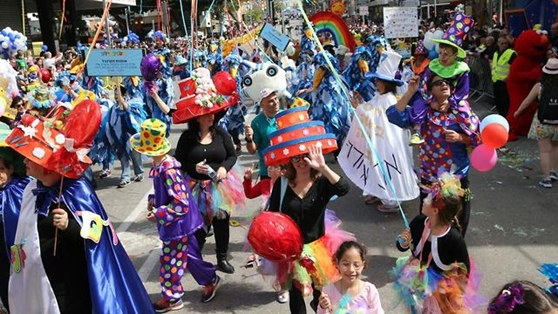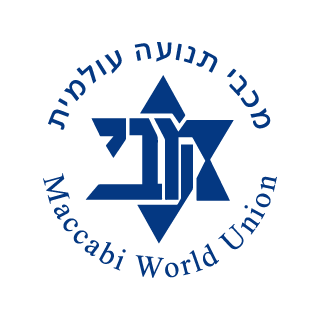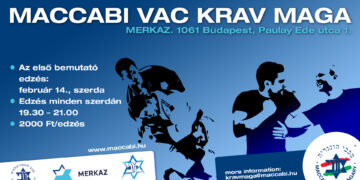Kfar Maccabiah, March 2022
אדר ב’, תשפ”ב
Dear Friends,
Purim enjoys enormous popularity in the Jewish world, and especially, in the State of Israel. In this wonderful land, children prepare their disguises in feverish expectation, including components of Israeli reality affecting everyone here. Masks of politicians, chiefs (generally the most belligerent dictators) of countries in our region and international authorities appear with the traditional disguises of Queen Esther, Mordechai the Just and characters from literature, the movies and (increasingly) from TV and social media (especially “celebrities”). Purim seems the most apt celebration in which to combine the past and present of independent Jewish life, to celebrate our survival in the past and today against those who rose (and rise) against us in every generation. In the Purim story Haman the Evildoer sought “to destroy, kill and exterminate all the old and young Jews, children and women, in a single day, the 13 of Adar”[1] . In this region, both Iran’s “Supreme leader” Ali Khamenei and South Lebanon Hizbollah’s Sheikh Nasrallah, lead their followers on every possible occasion in the chant of “Death to Israel!”… Purim thus resonates with relief and celebration at our deliverance from the evils that loomed above us, but reminds us of the permanent necessity of vigilance and readiness to defend ourselves – nearly 24,000 of Israelis lost their lives protecting the State of Israel since the creation of the State of Israel.
Every Jew is commanded to hear the 10 chapters of the Megillah, the Scroll of Esther. Moreover, we do this twice, at night and by day. “Rabbi Yehoshua ben Levi said: each person must read the Megillah at night, and return to read it by day (in memory to the time when the miracle of the Jewish salvation happened, when they beseeched the Almighty day and night)”[2] . This explanation apparently does not square with the spirit of Purim: in the Megillah, the name of God never appears, and liberation from the threat of Haman, his 10 children and 75,000 followers was attained in a legitimate battle with the Jews that destroyed them. It seems that this victory over our enemies resulted exclusively from the resolve of Jewish leaders (Esther and Mordechai) and of the Jewish People as a whole.
Rabbi Yehoshua ben Levi is reminding us of the spiritual level of the Purim celebration, the bond between our human efforts and the depth of our Faith. Before the confrontation, before beginning the struggle, the whole Jewish People, (led by Esther and Mordechai) fasted for 3 days and 3 nights (hence the Fast of Esther just before Purim), as a means of invoking God’s protection, His strength and His wisdom in the hard decisions to follow.
The responsibility of the defense of our People was ours, but in the interim, we reminded ourselves of the cause for which we wanted to stay alive. Along with our lives, we must save our mission to be a light unto the Peoples[3] and to continue the messages of the Prophets of Israel for a better world for all, always within the framework of intimacy with our Creator. The prayer represented by the doubled reading of the Megillah must accompany us today and always, to remind us that in our most difficult decisions and dilemmas, we must include the wisdom, spirituality and the light of Judaism that counts thousands of years of reflection, depth and meditation.
Perhaps for that reason, characters from our timeare included in the masks of Purim,as a strong reminder thatour more delicate decisions, as much on the personal level as on the national, must be made according to the highest criteria and principles which lend them lasting resonance in the future and clear reason in the present, precisely as it was with the Purim event 2400 years ago.
When we twice hear the Megillah this year, may it be that we will base our commitment toactionfor our continuity uponreflectioninto our soul and spirit.
May God grant us Purim’s message of life, hope and salvation to encourage us to celebrate together, evoking the feelings and emotion which led us to this present glory.
And may God will that each and every one of us hears the story of Esther, Mordechai and their redemptive history, and hear it as our own.
With best wishes,
Chag Purim Sameach!
Chazak ve’ematz
Rabbi Carlos A. Tapiero
Deputy Director-General & Director of Education
Maccabi World Union
[1] Book of Esther III 13.
[2] Tractate Megillah, Babylon Talmud, 4a.
[3] Isaiah XXXXIX, 6. 
















